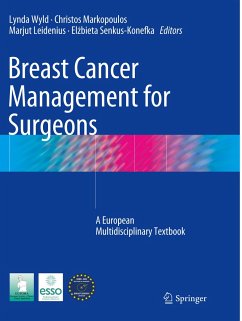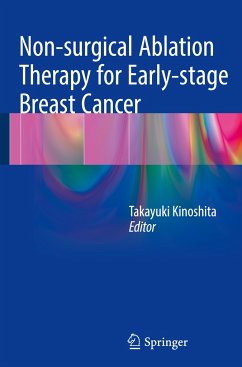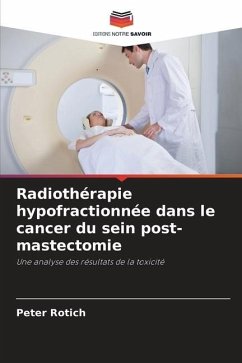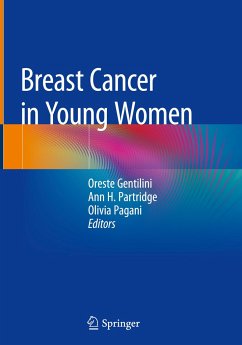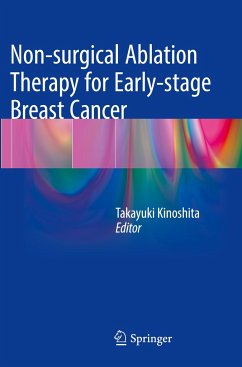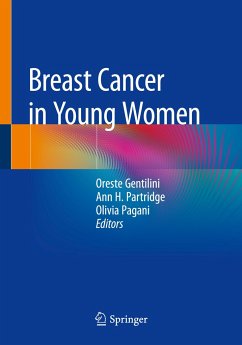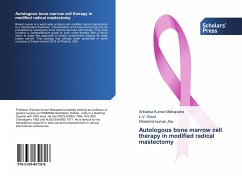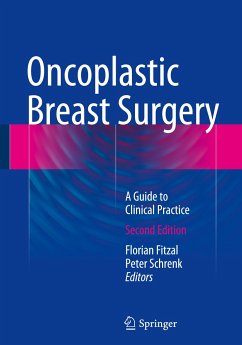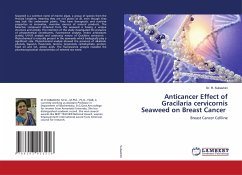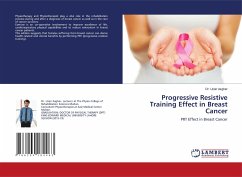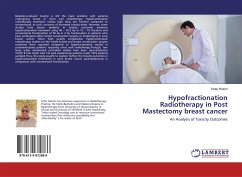
Hypofractionation Radiotherapy in Post Mastectomy breast cancer
An Analysis of Toxicity Outcomes
Versandkostenfrei!
Versandfertig in 6-10 Tagen
27,99 €
inkl. MwSt.

PAYBACK Punkte
14 °P sammeln!
Radiation-induced toxicity is still the main problem with patients undergoing breast or chest wall radiotherapy. Hypofractionated radiotherapy treatment utilises high dose per fraction compared to conventional, as such, concerns of increased toxicity exists. However, some studies have shown similarity in toxicity outcomes between hypofractionated treatment using 40 - 42.5 Gy in 15 - 16 fractions and conventional fractionation of 50 Gy in 2 Gy fractionation in patients who have undergone either breast conservation surgery or lumpectomy in early breast cancer. More high quality comparative hypof...
Radiation-induced toxicity is still the main problem with patients undergoing breast or chest wall radiotherapy. Hypofractionated radiotherapy treatment utilises high dose per fraction compared to conventional, as such, concerns of increased toxicity exists. However, some studies have shown similarity in toxicity outcomes between hypofractionated treatment using 40 - 42.5 Gy in 15 - 16 fractions and conventional fractionation of 50 Gy in 2 Gy fractionation in patients who have undergone either breast conservation surgery or lumpectomy in early breast cancer. More high quality comparative hypofractionated radiotherapy studies on the whole breast and breast conservation surgery caseshave been reported compared to hypofractionated studies in postmastectomy patients requiring chest wall radiotherapy.Though, few large scales randomised controlled studies have been reportedsuchas START B trial which had 133 post-mastectomy patients outof 1079 patients sampled.Thus, this study sought toexplore further the toxicity outcomes in hypofractionated treatments in early breast cancer postmastectomy in comparison with conventional fractionation.



